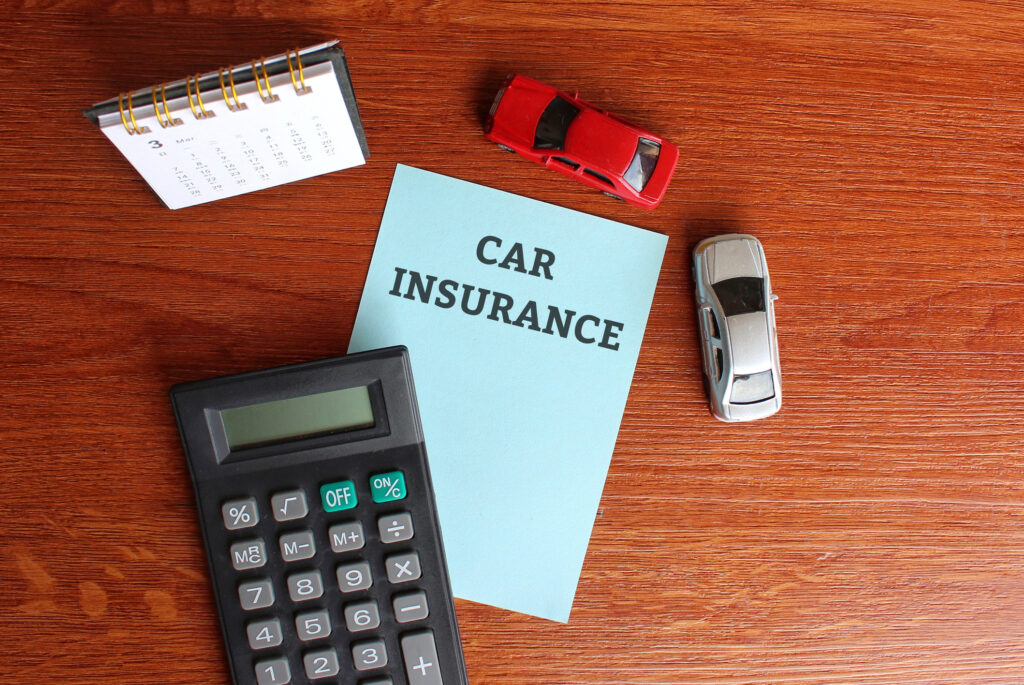Car insurance is a crucial aspect of car ownership. It is designed to protect drivers and passengers in the event of an accident or theft. However, with so many car insurance policies available, it can be challenging to choose the right one for your needs. This article will cover everything you need to know about car insurance, including the types of coverage available, factors that affect your premiums, and tips for saving money on your car insurance.
Related Topics:

Types of Coverage
Car insurance is a broad term that covers various types of insurance coverage. These include:
Liability coverage: This type of coverage is required by law in most states. It covers the costs associated with damage you cause to other people’s property or injuries you cause to others in an accident.
Collision coverage: This type of coverage pays for the repair or replacement of your car if it is damaged in an accident with another vehicle or an object.
Comprehensive coverage: This type of coverage pays for damages to your car that are not related to a collision, such as theft, fire, or natural disasters.
Personal injury protection (PIP) coverage: This type of coverage pays for medical expenses and lost wages if you or your passengers are injured in an accident.

Factors That Affect Your Premiums
Several factors determine the cost of your car insurance premiums. These include:
Your driving record: If you have a history of accidents or traffic violations, you can expect to pay higher premiums.
Your age: Younger drivers are typically considered higher-risk drivers and therefore pay more for car insurance.
Your car: The make and model of your car will affect your premiums. Cars that are expensive to repair or have a high theft rate will generally have higher premiums.
Your location: Where you live can also affect your premiums. If you live in an area with high crime rates or a high incidence of accidents, you can expect to pay more for car insurance.
Your credit score: Your credit score can also affect your car insurance premiums. People with lower credit scores are considered higher risk and therefore may pay more for car insurance.

Tips for Saving Money on Car Insurance
There are several ways you can save money on your car insurance premiums. Here are a few tips:
Shop around: Don’t settle for the first car insurance policy you find. Shop around and compare rates from different insurance providers.
Increase your deductibles: By increasing your deductibles, you can lower your premiums. Just be sure you can afford the deductible if you need to file a claim.
Take advantage of discounts: Many car insurance providers offer discounts for things like safe driving, bundling policies, and paying your premiums in full.
Consider usage-based insurance: Some insurance providers offer usage-based insurance, which charges you based on how much you drive. If you don’t drive much, this could be a good option for you.
Maintain a good credit score: As mentioned earlier, your credit score can affect your car insurance premiums. By maintaining a good credit score, you can potentially save money on your premiums.

Conclusion
Car insurance is an essential part of car ownership. It provides financial protection in the event of an accident or theft. When choosing a car insurance policy, be sure to consider the types of coverage available, the factors that affect your premiums, and tips for saving money. By taking the time to shop around and compare rates, increasing your deductibles, taking advantage of discounts, considering usage-based insurance, and maintaining a good credit score, you can potentially save money on your car insurance premiums while still maintaining the coverage you need.



